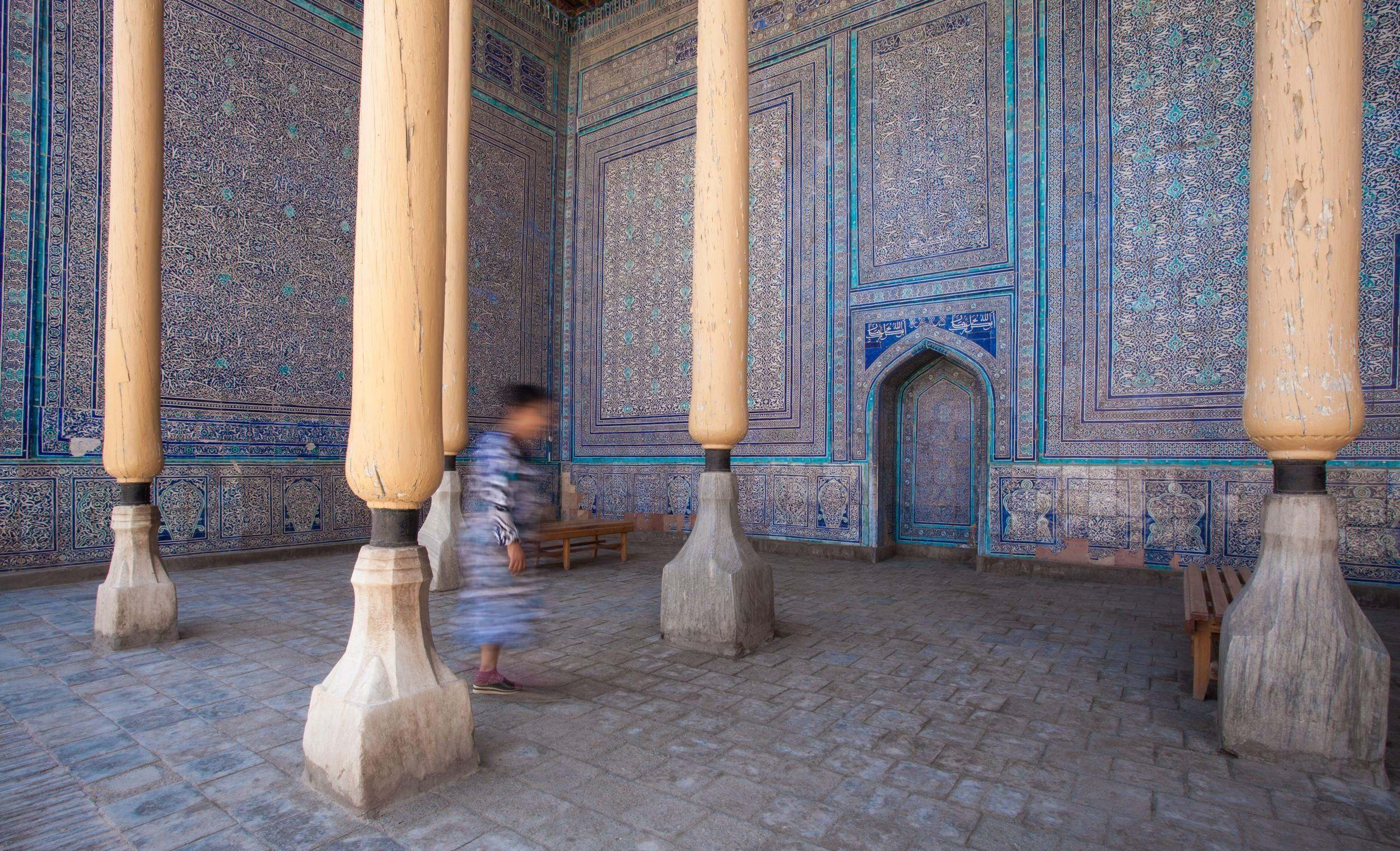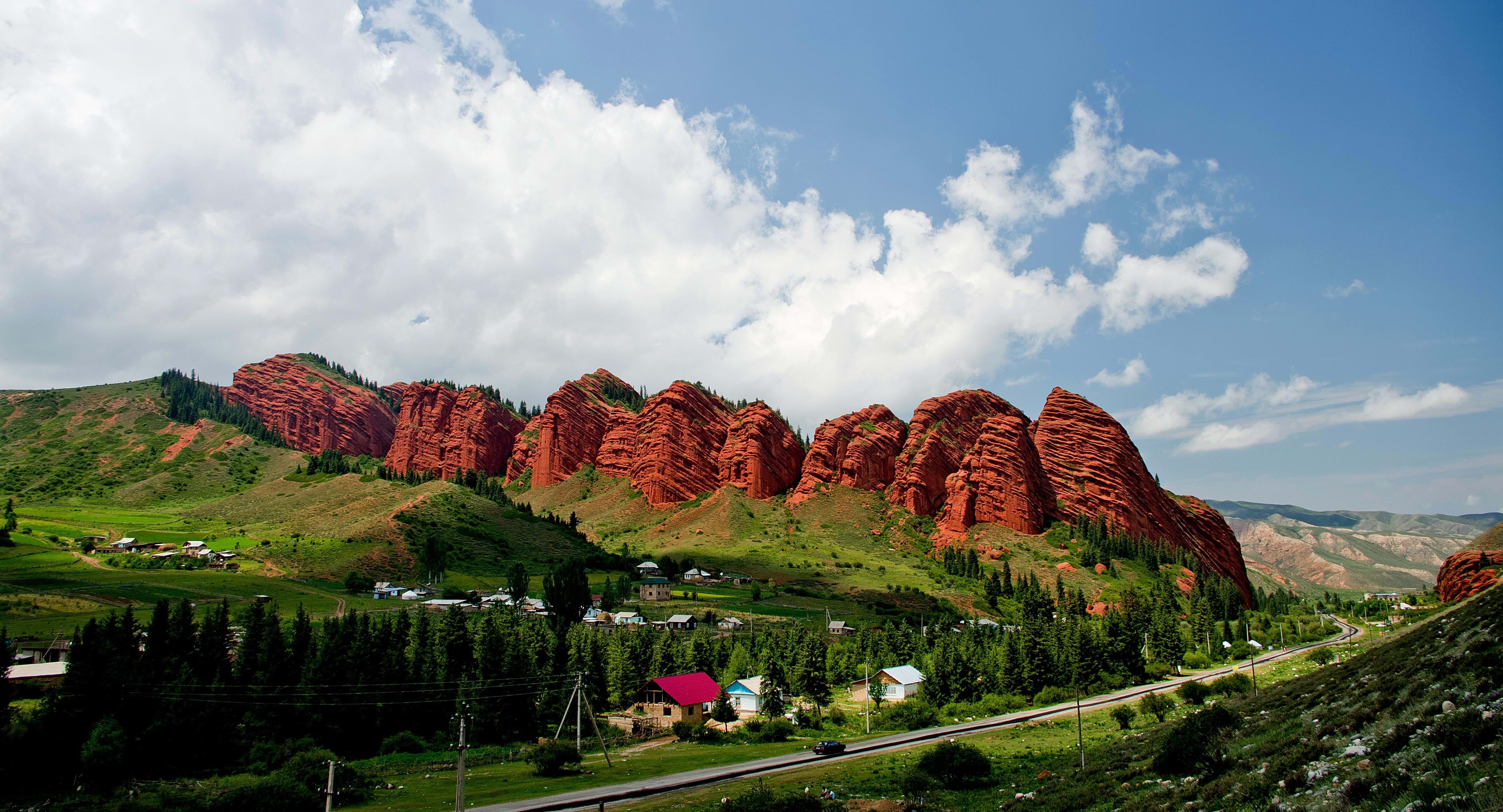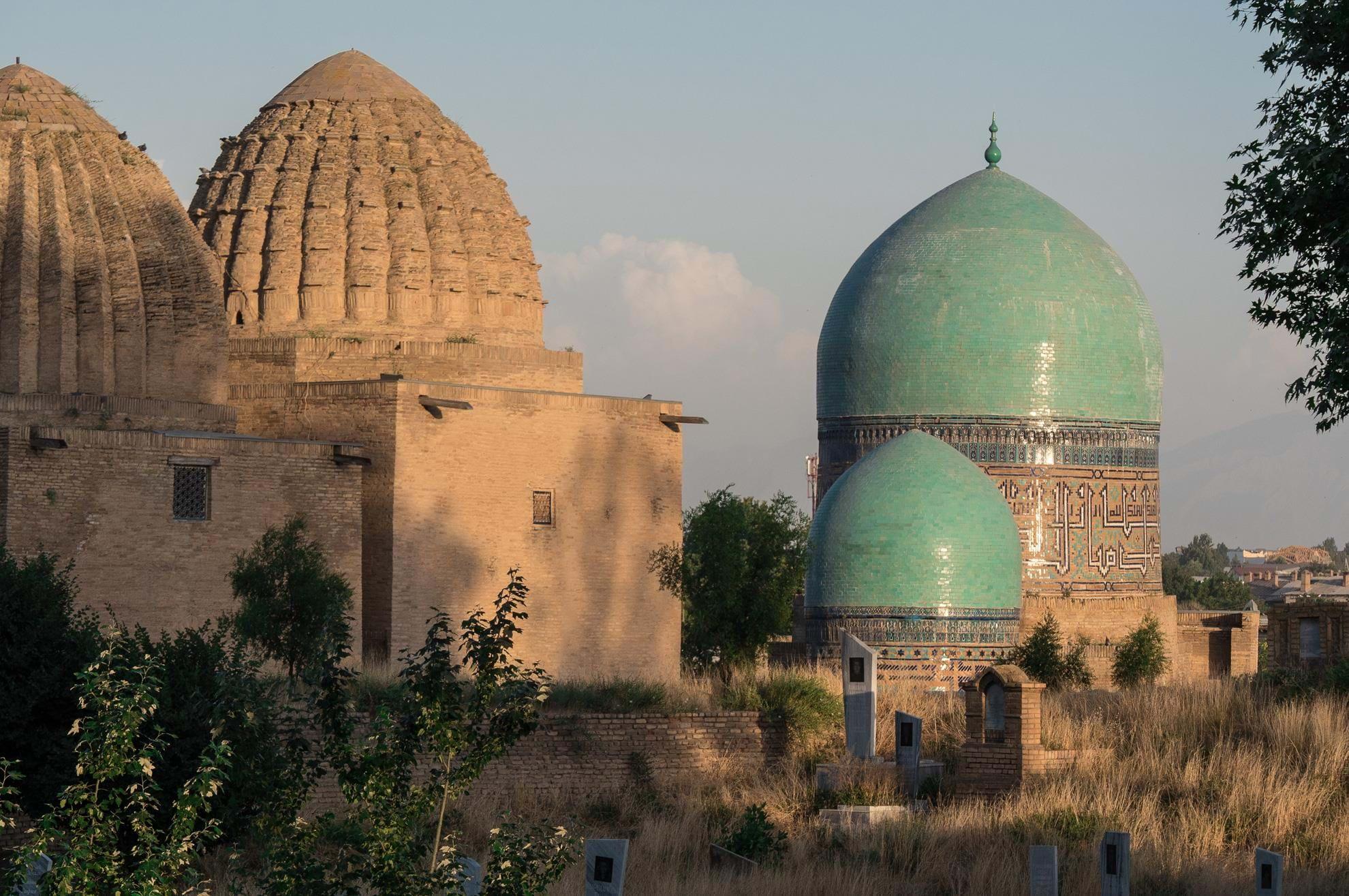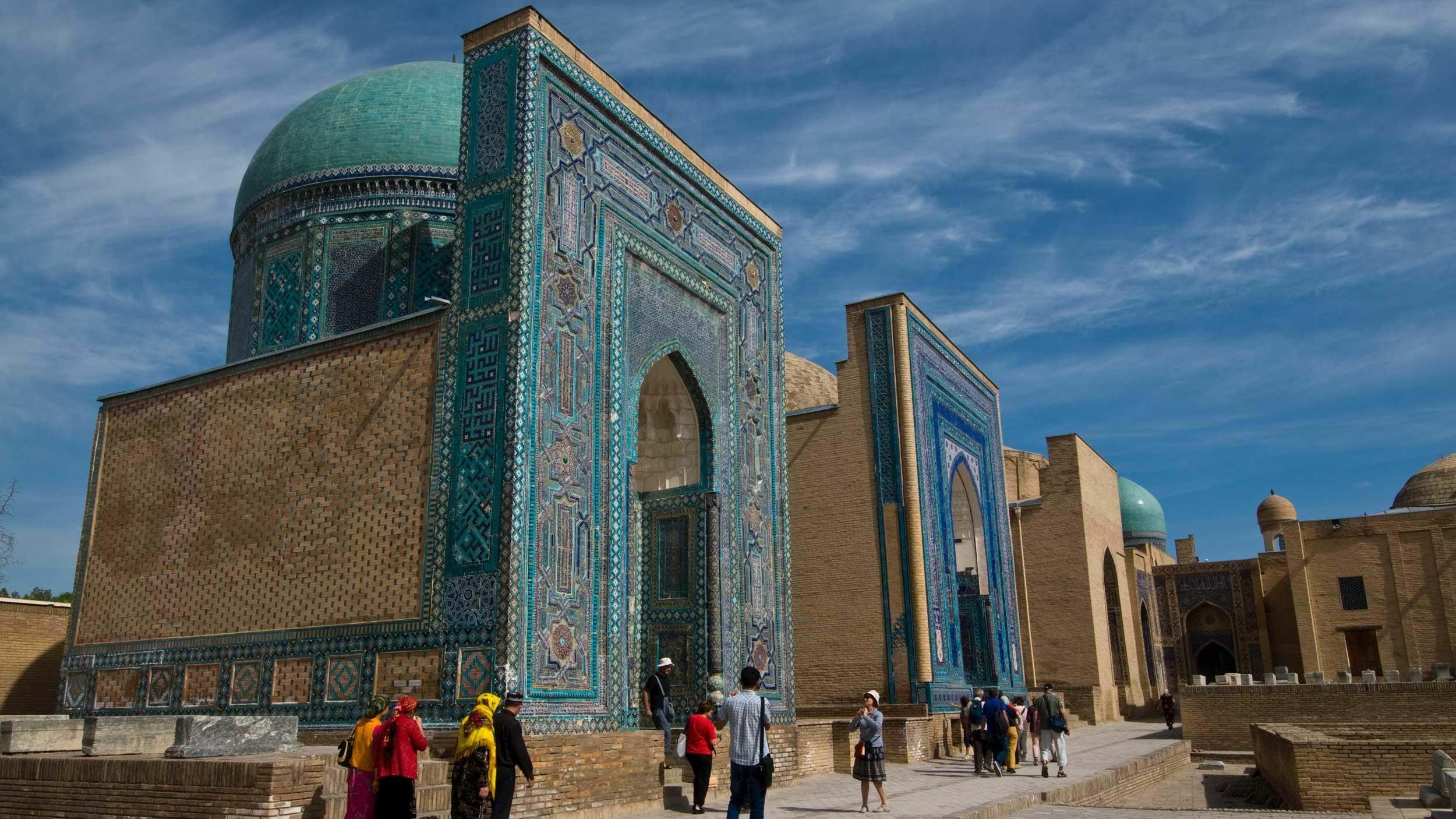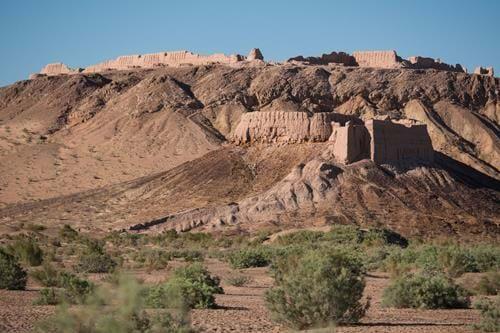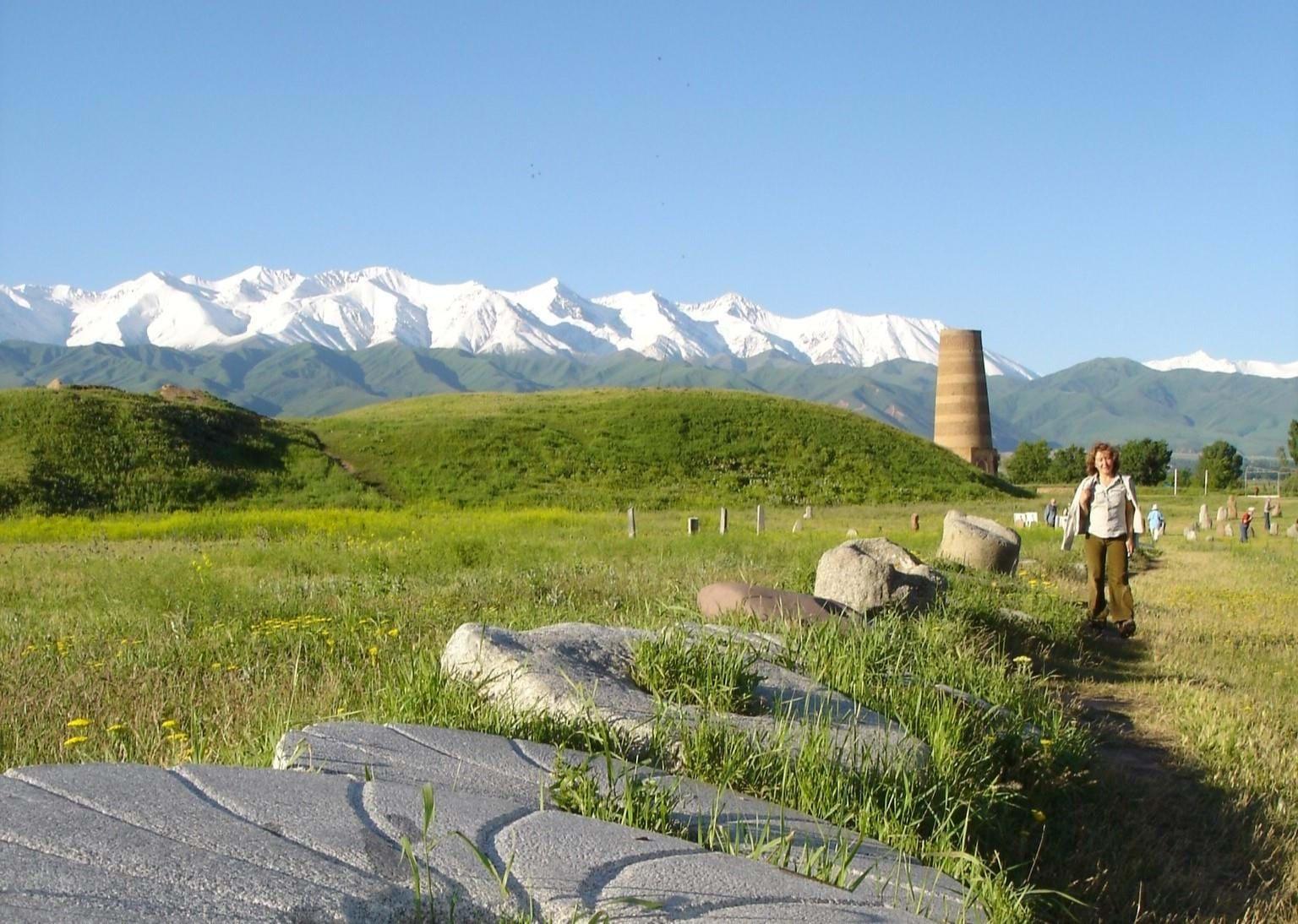Kyrgyzstan Updated: David Abram
Travel writer David Abram recalls a musical souvenir from Central Asia he has treasured for decades.
The power of music to resonate with one’s deeper emotions is surely among the great mysteries of human existence – no more so than when that music comes from a distant part of the world.
Over the years, I’ve encountered a few very special pieces on my travels and would include several on my list of ‘Desert Island Discs’. Lata Mangueshkar’s ‘Meera Lal Dupatta’, from the 1946 Hindi movie ‘Barsaat’, for example, always reminds me of happy, bone-rattling rides across the Deccan in the early 1980s).
But the most poignant, achingly beautiful music I’ve ever come across while travelling was something I first heard in the streets of Bucharest many years ago.
Dressed in shaggy shepherds’ hats and Kurdish trousers, the musicians were busking in a busy shopping district, largely ignored by the passersby. But their music was strange and captivating, with Slavic undertones and faint echoes of old Persia and the Russian Empire.
I was smitten in seconds, and when the band finished hurried to buy their CD. They called themselves ‘Ashkhabad’, after the capital city of their home country, which turned out not to be Romania, but distant Turkmenistan on the steppes of Central Asia, and the tune they played that made such an impact on me was called ‘Bayaty’.
Thirty years later the CD numbers among my most treasured possessions and I still regularly play it. Only now, thanks to the internet, I know a lot more about the musicians and ‘that’ tune than I did when I was standing in front of them, rapt by their playing.



The Road to Fame
‘Ashkabhad’ first formed in the early 1980s while studying together at the state-sponsored music conservatory in the Turkmen capital. Back then, Turkmenistan was still part of the USSR and the Soviet authorities only sanctioned certain composers in the Western Classical tradition. Local folk music, particularly that from ethnic minority communities, was banned – though it was still performed clandestinely at traditional weddings.
The five members of ‘Ashkhabad’ were the cream of the local folk scene and fluent in the old melodies and instrumental techniques, with which they earned spare cash on the weekends playing at local nuptials. When the country gained independence in 1991, the group suddenly found their traditional repertoire in great demand, as the country’s new rulers sought to forge a more distinct, post-Soviet national identity.
Real World Music
Having achieved success in their homeland, Ashkhabad recorded the album ‘City of Love’ in the UK, featuring its charismatic, gold-toothed lead vocalist, Atabai Charykuliev, on the cover.
Of all its wonderful tracks, ‘Bayaty’ is still the one that stands out. Far from being an ancient folk melody, the tune is actually a modern creation, written by the Azerbaijani composer and pianist, Eldar Mansarov (b.1952). Mansarov is a household name in his native Baku and ‘Bayaty’ is his best loved song. Versions of it have made the charts as far afield as Greece, Lithuania, Israel and Turkey. Though for me, the ‘Ashkhabad’ one is far and away the most lovely.
From the first swirling few bars every phrase is a minor masterpiece. Its intricacies conjour up the pattered ceramic mosaics of the Timurid world; the swelling chords echo the rolling expanses of desert lining the border of Turkmenistan and Uzbekistan; and the Classical virtuosity of the playing recalls the grand, fin-de-siècle theatres of Tashkent.
Coda

